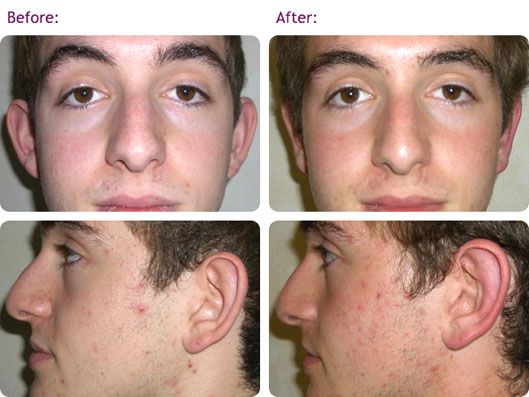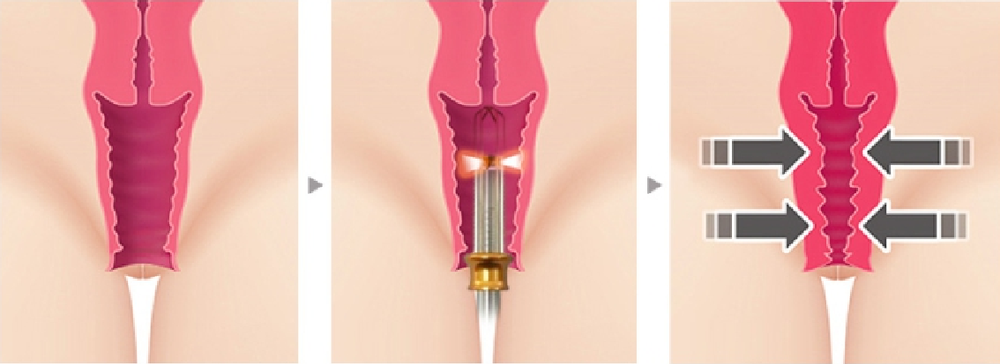
Breast implants cancer is rare, but it can happen. This cancer develops over time from an inflammatory response that is long-lasting to bacterial contamination. Below are the symptoms of breast cancer and the options for treatment. Breast implants cancer is a serious condition that can be treated. Here are some options. Most breast implant patients will not experience any complications, despite the possibility.
BIA–ALCL is a form of cancer in breast implants
If you're considering getting breast implants, you should know what to expect. Breast implants cancer can result in lumps, asymmetry, and pain, and may be caused by BIA-ALCL. The majority of breast cancer develops between seven and ten years after the procedure. However, it can also occur sooner. A mammogram can detect breast cancer but BIA-ALCL may not be.
ALCL can occur in any part of the body. However, most commonly it is found in the skin and lymph nodes. BIA-ALCL, a subtype of ALCL, forms in scar tissue and around the breast implant. The implant can be removed surgically to treat this type. However, it is possible to avoid its destructive effects by early detection. This disease is curable if caught early.

It is rare
Although breast implants are not a risky option, there is still a chance of developing cancer from them. Breast implants are associated with Anaplastic Long Cell Lymphoma (a rare form) of cancer. The disease affects the immune systems and can develop long after implants are placed. The good news is that it can be treated once diagnosed. Women experiencing new pain, swelling, and asymmetry in the breasts should consult their doctor.
It is possible, however, that breast implants contribute to breast cancer. The FDA has a special alert for women who receive implants. Despite the low likelihood of developing cancer, this disease is still quite rare. The UK health regulator estimates that 1 in 4 women could develop ALCL. Experts believe that the actual rate of ALCL is closer to 8-10%, with the majority of cases not being diagnosed.
It is caused by a long-term inflammatory reaction to bacterial contamination
It has been implicated with breast implant-associated aplastic large cell Lymphoma. Breast implants can be contaminated by bacteria. This is a continuous process that involves multiple biological pathways. The implants may become benign or pathologic depending on the level of contamination. Breast implants are usually considered to be clinically normal unless they have been infected with bacteria. However, the inflammatory response that biologic signals can cause may alter this status. Double capsules can form around implants if these bacteria are infected.
Capsular contracture can be caused by a long-term inflammatory response due to bacterial contamination of breast Implants. The most common cause is biofilm, which is a layer of bacteria around implants. Capsular contracture can be increased by infections. Many breast implants are not conforming to medical guidelines and can cause a woman to have a bumpy appearance after breast augmentation.

There are many treatment options
Breast implants cancer can be treated in a variety of ways, including replacement and removal. These procedures are recommended for cancer-scarred women, as they preserve the natural shape of the breast. They may not be suitable for everyone, however. They are not recommended for those who smoke, have connective tissues disease, or have diabetes. They also require longer recovery time. Sometimes radiation therapy may be recommended. However, some patients may not find this helpful. Breast implants cancer can often be treated, but there are many things to consider before you undergo surgery.
FDA is investigating complaints about breast implant problems. The risk of lymphoma, an immune-system cancer, is higher for breast implants that are rough-textured. According to FDA statistics the risk can be anywhere from 1 in 3,300 to 1 out of 30,000 patients. The number of lymphoma cases may vary depending on the type of texture implant used and the manufacturer. For this reason, the FDA does not recommend removing any breast implants.